Circular Economy: How We Can Boost SMEs’ Competitiveness, Growth and Local Jobs
The concept of a circular economy has become increasingly important in recent years, as individuals, businesses, and governments alike seek to adopt more sustainable practices. However, transitioning towards a circular economy requires a significant shift in thinking and behaviour, as well as new skills and competencies. The European VET Excellence Centre for Leading Sustainable Systems and Business Transformation (CATALYST) project recognizes the importance of upskilling and re-skilling individuals and businesses to successfully navigate this transition.
One of the key benefits of upskilling and re-skilling is increased competitiveness. As new technologies and practices emerge, those who are equipped with the skills to implement them effectively will be better positioned to succeed in the marketplace. This is particularly important for small and medium-sized enterprises (SMEs), who may not have the resources to invest in large-scale training programs on their own.
In addition to enhancing competitiveness, upskilling and re-skilling also play a crucial role in promoting long-term and sustainable growth. By equipping individuals with the skills needed to navigate the transition towards a circular economy, businesses can become more efficient, reduce waste, and contribute to a healthier planet. Furthermore, innovation is a key driver of growth, and new skills and competencies are often essential for promoting innovation and creativity.
Are Vocational Training Programs Equipping Individuals for the Circular Economy?
The CATALYST project recognizes that the circular economy requires a new set of skills and competencies. According to a recent study by Circle Economy, new points of emphasis will include "broad skills," also known as transversal skills, such as digital and green literacy and problem-solving, as well as "deep skills" related to specific functionalities or disciplines. For example, circular jobs may require skills in product repair and maintenance, as well as innovating the product design process to improve longevity.
It is therefore crucial that vocational education and training qualifications frameworks reflect the increasing importance of sustainability. Sustainability should become a mandatory cross-over topic in both schools and companies, ensuring that individuals are equipped with the skills needed to successfully navigate the transition towards a circular economy. The CATALYST project aims to provide citizens participating in various VET programs with the right skills to work more effectively and take advantage of new technologies.
Sporos Circular Solutions, through the CATALYST project, is supporting institutions in the development and implementation of green strategies to transform their learning and training environments. This includes upskilling professionals in green job sectors, re-skilling those affected by job losses due to the green transition and the recent COVID-19 pandemic, and seizing opportunities for multi-stakeholder partnerships. By supporting the development of new skills and competencies, Sporos Circular Solutions is helping to create a more sustainable and competitive workforce.
The Vital Role of Vocational Training in the Circular Economy Transition
In conclusion, the importance of skills in the transition towards a circular economy cannot be overstated. Upskilling and re-skilling are crucial for long-term and sustainable growth, productivity, and innovation, and are therefore a key factor in the competitiveness of businesses of all sizes, in particular SMEs. As the circular economy continues to gain importance, new skills and competencies will be required to navigate this transition successfully. It is therefore essential that vocational education and training qualifications frameworks reflect the increasing importance of sustainability, ensuring that individuals are equipped with the skills needed to create a more sustainable and competitive workforce. The CATALYST project, proudly supported by Sporos Circular Solutions, is working to achieve this goal by providing businesses with the right skills to work more effectively and take advantage of new technologies.




